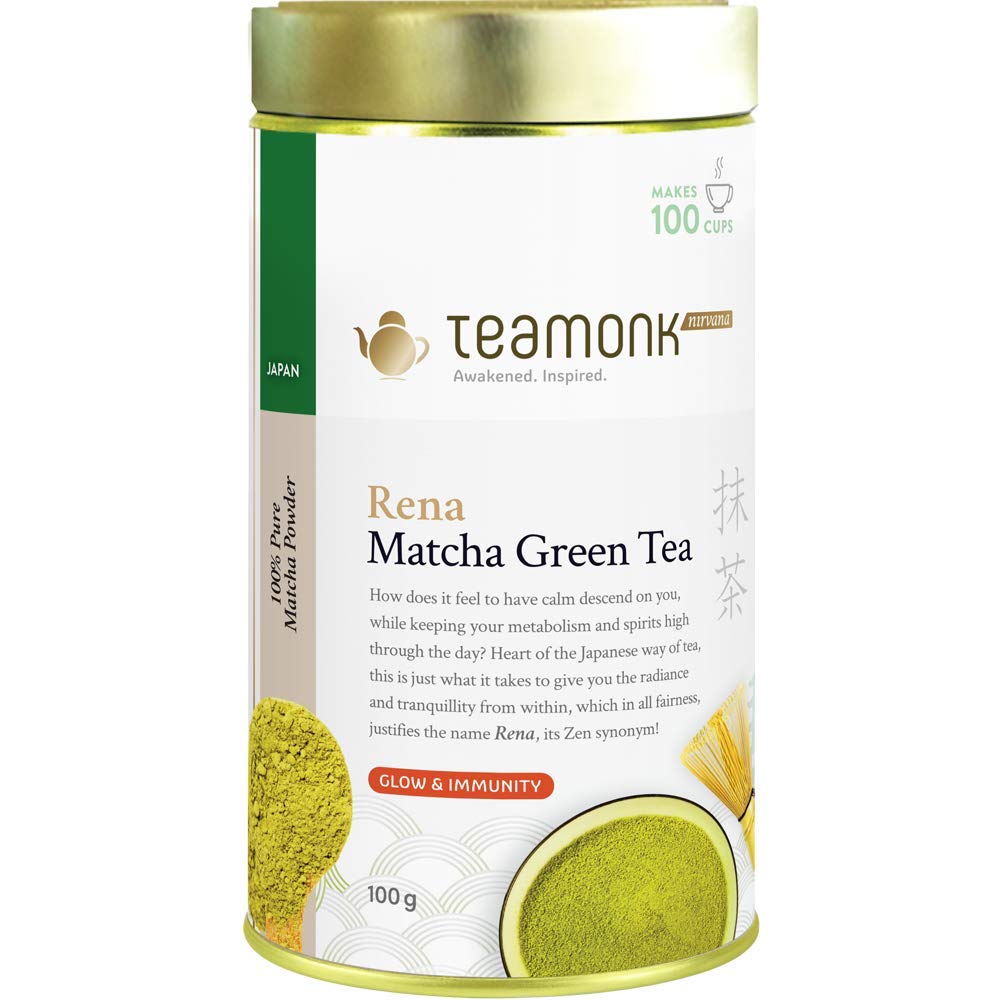Catechins
Micronutrient
Last update date: November 08, 2023
Catechins are phenolic compounds. The most potent form of Catechins is found in tea. It helps in the regulation of blood pressure, losing weight, and protecting the brain from diseases.
Frequently Asked Questions
1.
What is Catechins?
Catechin is a flavan-3-ol compound and a member of the flavonoid group of chemicals. It is a natural antioxidant found in certain plants. The term "catechin" originates from "catechu," which is an extract obtained by boiling the Mimosa catechu plant.
2.
What is (+)-Catechins?
Catechin is a flavan-3-ol compound and a member of the flavonoid group of chemicals. It is a natural antioxidant found in certain plants. The term "catechin" originates from "catechu," which is an extract obtained by boiling the Mimosa catechu plant.
3.
What are catechins good for?
Catechins help reduce inflammation in your body They help lower your risk of chronic conditions like diabetes, heart disease, and certain types of cancer They also aid in reducing body fat and LDL cholesterol levels Catechins also promote healthy ageing
4.
What is positive impact of (+)-Catechins?
Catechins help reduce inflammation in your body They help lower your risk of chronic conditions like diabetes, heart disease, and certain types of cancer They also aid in reducing body fat and LDL cholesterol levels Catechins also promote healthy ageing
5.
What is negative impact of Catechins?
Catechins, found in foods like tea, can have negative impacts. High intake of catechins may lead to digestive issues, such as stomach discomfort, nausea, and constipation. They can also inhibit the absorption of certain minerals, like iron, by binding to them in the gastrointestinal tract, potentially causing deficiencies over time. Excessive consumption of catechins has been linked to liver toxicity in some cases. Additionally, catechins have anticoagulant properties, which can interfere with blood clotting mechanisms and may pose a risk for individuals on certain medications or with bleeding disorders. It's important to note that while catechins have potential health benefits, moderation is key to avoid any adverse effects. Consulting a healthcare professional is recommended, especially for those with pre-existing conditions or taking medications.
6.
What is negative impact of (+)-Catechins?
Catechins, found in foods like tea, can have negative impacts. High intake of catechins may lead to digestive issues, such as stomach discomfort, nausea, and constipation. They can also inhibit the absorption of certain minerals, like iron, by binding to them in the gastrointestinal tract, potentially causing deficiencies over time. Excessive consumption of catechins has been linked to liver toxicity in some cases. Additionally, catechins have anticoagulant properties, which can interfere with blood clotting mechanisms and may pose a risk for individuals on certain medications or with bleeding disorders. It's important to note that while catechins have potential health benefits, moderation is key to avoid any adverse effects. Consulting a healthcare professional is recommended, especially for those with pre-existing conditions or taking medications.
7.
Who should avoid Catechins?
Individuals who are prescribed warfarin medication should be mindful of catechin intake due to potential interactions. Pregnant and breastfeeding women should consult with their healthcare provider before consuming catechin supplements. Individuals with blood pressure, kidney, and liver problems should exercise caution and seek medical advice.
8.
Who should avoid (+)-Catechins?
Individuals who are prescribed warfarin medication should be mindful of catechin intake due to potential interactions. Pregnant and breastfeeding women should consult with their healthcare provider before consuming catechin supplements. Individuals with blood pressure, kidney, and liver problems should exercise caution and seek medical advice.
9.
What are common sources of Catechins?
Common sources of catechin include tea leaves, apricots, and broad beans. Other dietary sources include onions, broccoli, kale, and lettuce. Catechins can also be found in black grapes, strawberries, and wine. Tomatoes and green beans are additional sources of this beneficial compound.
10.
What are common sources of (+)-Catechins?
Common sources of catechin include tea leaves, apricots, and broad beans. Other dietary sources include onions, broccoli, kale, and lettuce. Catechins can also be found in black grapes, strawberries, and wine. Tomatoes and green beans are additional sources of this beneficial compound.
11.
What drinks are high in catechins?
Green Tea and Red wine are some common drinks which are high in catechins.








